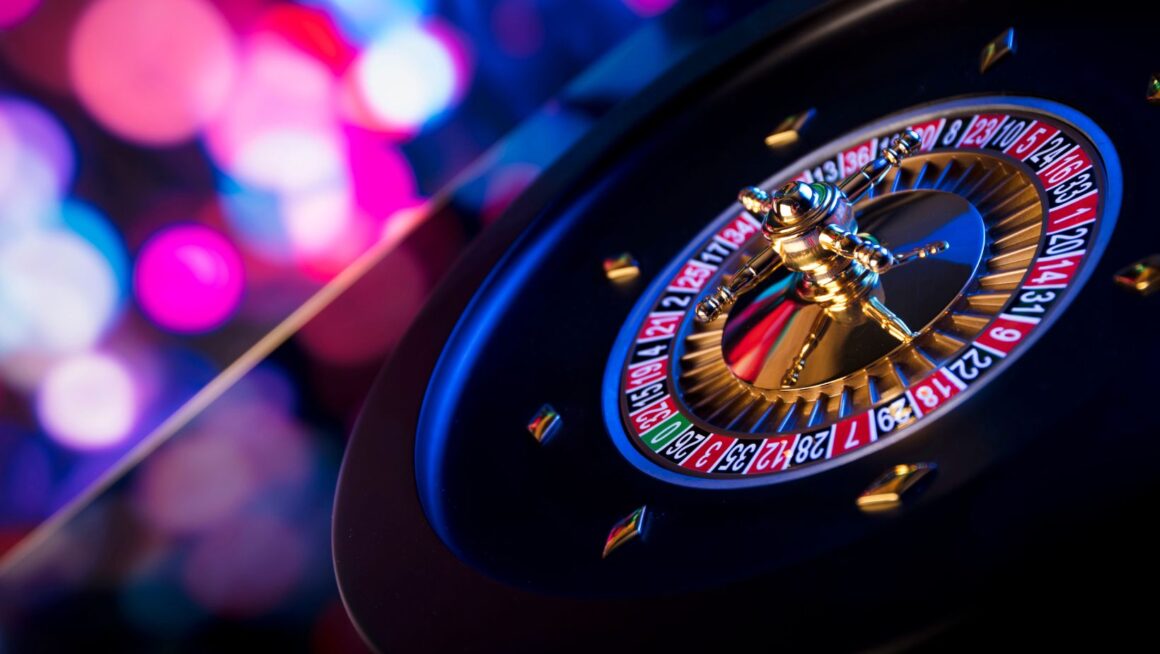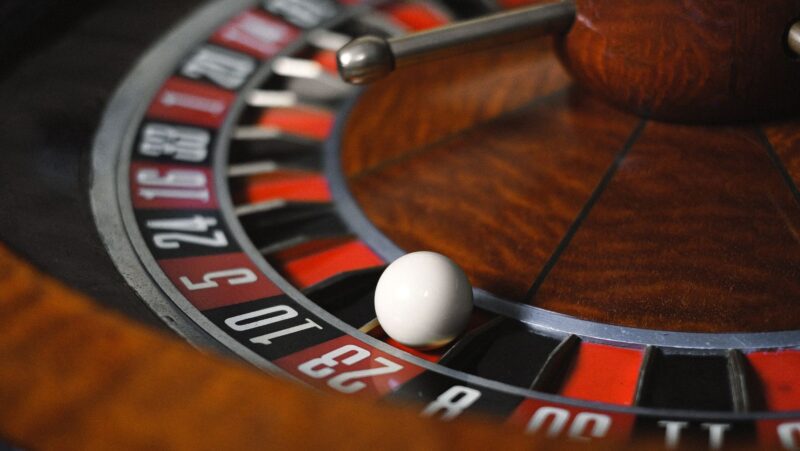
One of the major selling points that online casinos use to gain the trust of the players is the advertisement of the “audited games”. The games they promote are supposedly subjected to testing by third-party agencies for fairness. However, there is a less visible but quite unfortunate truth lurking right under the surface of the accountability facade. A good number of the “audited” games have some hidden Return to Player (RTP) pits that may drastically lower your winning possibilities. These pits are concealed in the complicated game mechanisms or in the lengthy terms and conditions that hardly anyone reads.
The online gambling industry generated over $66.7 billion in 2020, with projections reaching $100 billion by 2026. With such massive amounts of money at stake, casinos have strong incentives to maximize their profits – sometimes at the expense of transparency.
What RTP Actually Means in Casino Games
RTP stands for Return to Player. It is a number that tells you how much money a game gives back to players over time. For example, a 96% RTP at SpinBet Casino means that for every $100 bet, the game returns $96 to players. The casino keeps $4 as profit.
But RTP can be tricky. The number you see might not tell the whole story. Many games have hidden rules that change the real RTP.
Theoretical vs. Actual RTP
The RTP number shown in game info is often theoretical. This means it’s based on millions of spins or hands. Your actual experience might be very different.

Some key differences include:
- Theoretical RTP is calculated over an infinite time period
- Actual RTP varies widely in short-term play
- Theoretical calculations often assume optimal player strategy
- Most players don’t use perfect strategy, lowering their real returns
Progressive Jackpot Contributions
Many games with big jackpots hide a secret. A large chunk of the RTP comes from the rare jackpot win. This creates an RTP trap because:
- Up to 30% of the stated RTP may be tied to jackpot contributions
- Without hitting the jackpot, your effective RTP could be much lower
- The chance of winning a progressive jackpot is often less than 1 in 50 million
How Audit Companies Miss These Traps
Despite rigorous auditing processes, RTP traps continue to exist in many certified games. This raises questions about the effectiveness of the audit procedures themselves.
Limited Testing Methodologies
Audit companies face several constraints:
- They typically run fewer test rounds than needed for statistical certainty
- Testing focuses on random number generation rather than actual payout structures
- Auditors rarely check all possible game scenarios or betting combinations
Compliance Loophole
Many auditors only verify that games meet minimal regulatory requirements. This creates a situation where games can be technically compliant while still containing mechanisms that disadvantage players.
Common RTP Traps in Popular Casino Games
Let’s examine some specific RTP traps found in different types of casino games:
| Game Type | Advertised RTP | Hidden RTP Trap | Actual RTP | Player Impact |
| Slot Games | 96.5% | Bonus feature contribution (25% of RTP) | 72.4% without bonus | Significant losses during regular play |
| Video Poker | 99.2% | Assumes perfect strategy | 95.7% with average play | Higher house edge for casual players |
| Blackjack | 99.5% | Side bet RTP as low as 70% | Varies by bet choice | Dramatically worse odds with side bets |
| Roulette | 97.3% | Special bet combinations | 94.7% with combined bets | Unexpected house edge increase |
Slot Game Volatility Traps
Slot games often hide their true nature behind volatility ratings. High volatility slots may advertise attractive RTPs but they deliver:
- Long periods of losses
- Rare big wins that few players experience
- Bonus features that rarely trigger
- Higher risk of depleting your bankroll before hitting positive returns
How to Protect Yourself From RTP Traps
You can take steps to avoid these hidden traps when playing casino games.
Read the Fine Print
Always look for:
- Complete game rules
- RTP breakdown by game feature
- Contribution percentages to progressive jackpots
- Any conditions that might alter the stated RTP
Focus on Base Game RTP
The base game RTP is often more important than the advertised total RTP. This number tells you what to expect during normal play without special features or jackpots.
Test Games in Free Play Mode
Before risking real money:
- Play the free version first
- Track your results over many rounds
- See if the game behavior matches its advertised characteristics
- Watch for bonus frequency and typical payout patterns

The casino industry continues to evolve, but RTP traps remain a persistent issue even in audited games. By understanding how these mechanisms work, you can make better choices about which games to play. Remember that even with audited games, the house always maintains its edge – sometimes through means that aren’t immediately obvious to players.












